May 28, 2025
Dear Machine Tool Leaders,
Last month, President Donald J. Trump announced his administration’s intention to halt $3 billion in research grants and redirect them to trade schools and other institutions in the United States. This policy initiative is expected to support domestic industry growth and potentially lead to the onshoring of millions of new American manufacturing jobs.
As you probably know, LeBlond LTD is an Ohio-based machine tool supplier of LeBlond and K.O. Lee equipment (lathes, mills, surface grinders, etc), parts and accessories. Our machinery supply chain is complex and spans the globe. What is simple, though, is our strong conviction in bringing the machine tool industry back to the U.S.A.!
A large segment of our machine tool sales is made to American colleges and trade schools. Most of these entities are tax-exempt organizations. We believe these educational institutions, whose primary purpose and mission is to support the growth of U.S. manufacturing and jobs, should be exempt from tariffs that impede the rate of reindustrialization in the United States and increase the costs of industry growth. To paraphrase Ronald Reagan, if you want less of something, “tax it”. Tariffs, in this case, are a form of taxation.
We invite you to join us in supporting President Trump’s initiative to return the United States of America as a world-leading manufacturing center of excellence.
We intend to encourage our customers and suppliers to write to their U.S. Congressional representatives, trade associations and Chambers of Commerce, asking them to support legislation exempting educational institutions from the application and payment of tariffs. We are asking you to conduct a similar program with your business associations and congressional representatives.
We have included a sample form letter below that you can send to your congressional representative as is, or edit as needed, so we can precede President Trump’s 90-day quiet period early in July 2025.
Sincerely,
David Barnes, Jon Tallman and Joseph Boughton, Jr.
LeBlond Co-Owners
Join Us If You Stand With Machine Tool Educators
If you also support machine tool schools, we encourage you to contact your local representative, whether in the House or the Senate. Here is a downloadable letter template that you can adapt for your own and send to Washington, D.C.
Now that we have defined the cause, let’s examine machine tool technology programs and their importance.
Why Is Machine Tool Education Important?
Machine tool technology programs form the backbone of modern manufacturing, equipping students with the essential skills and knowledge to operate, maintain and troubleshoot advanced machine tools.
Through a well-structured machine tool technology program, students are introduced to the fundamentals of manual machine tools and computer numerical control (CNC) equipment. They learn precision machining and the operation of lathes, milling machines and other vital equipment.
These programs combine classroom instruction with hands-on practical experience, enabling students to develop the metalworking skills in high demand across the manufacturing industry.
With access to financial aid and scholarships, aspiring machinists can pursue a machine tool technology degree, opening the door to rewarding careers as manual machinists, CNC operators and manufacturing technicians.
By mastering the use of modern tools and technology, students are well-prepared to contribute to the ever-evolving world of manufacturing.
By funding machine tool trade schools, we build the prowess of U.S. manufacturing, workpiece by workpiece.
We see the long game here, but what exactly goes into these programs that replenish machine shops as older machinists retire?
What Is a Machine Tool Technology Program?
LeBlond has been supplying machine tool technology programs for decades, and we have gained a deeper understanding of what constitutes them.
The machine tool technology program offers a comprehensive curriculum designed to prepare students for successful careers in precision machining and manufacturing.
Over the course of two semesters, students gain hands-on experience with a variety of machines, including lathes, vertical mills and state-of-the-art CNC machines.
What Skills Do Students Learn?
The program emphasizes the importance of blueprint reading, understanding applied science and mastering the operation and repair of machine tools. Students learn in a real-world machine shop environment, where they develop the technical skills needed to fabricate parts, maintain equipment and ensure quality production.
Upon completion, machine tool technology graduates are equipped to enter industries such as construction, aerospace and advanced manufacturing, ready to tackle the challenges of modern production and repair in machine shops with confidence and expertise.
We Support Machine Tool Technology Schools
Like most companies, LeBlond avoids political fights. Over the decades, though, we have strengthened our relationship with machine tool educational institutions.
We see an opportunity to strengthen our industry by training new machinists and strengthening U.S. manufacturing overall. Punitive tariffs, however, hamper this long-term arc.
We stand with machine tool technology programs and encourage you to bring the fight as well.
Contact your local representative, either in the House or Senate. Here’s a letter again that you can personalize.
Thank you and show your support in the comments below!

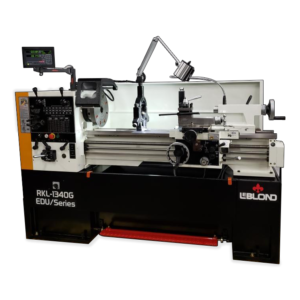
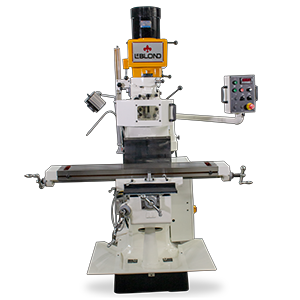
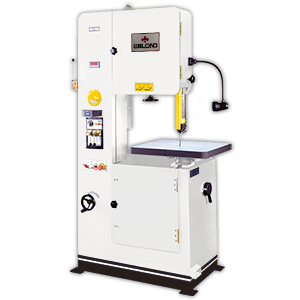
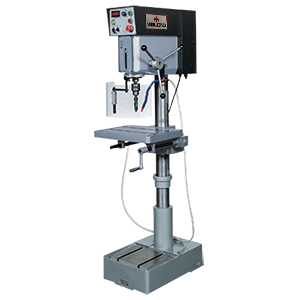
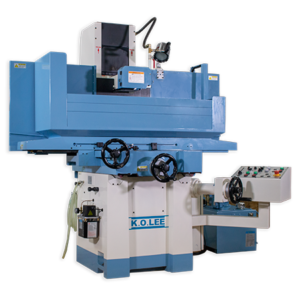
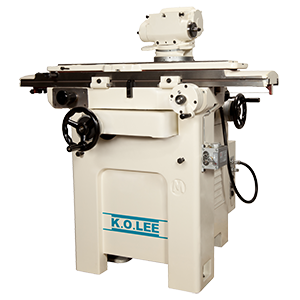
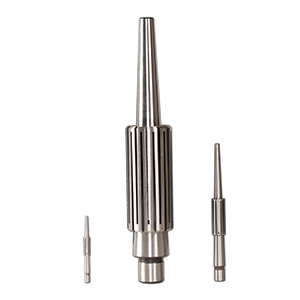

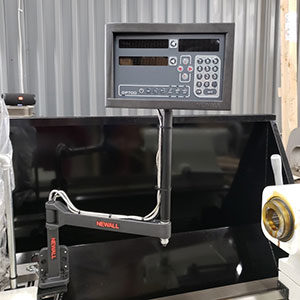
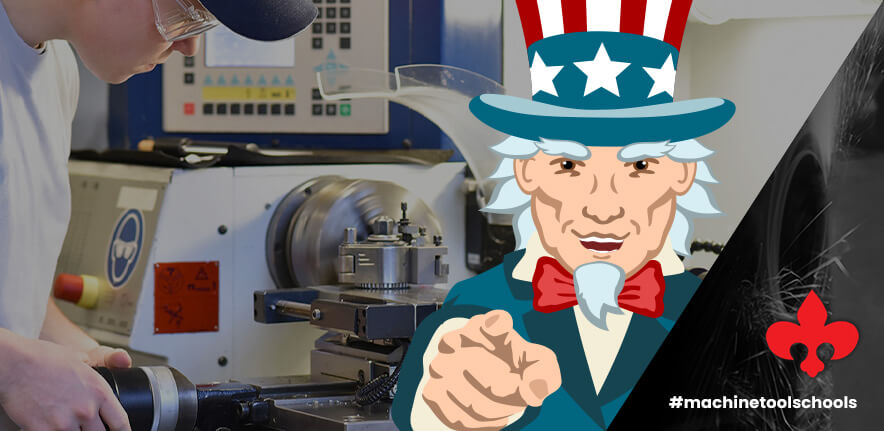
This is from someone who has been supporting American manufactures for 53 years. At 71 my customers beg me not to retire. But I know no one is working behind me to fill the gap. No one teaches most basic skills to work on Hyd. systems. Complex mechanical systems. No one teaches the Millwright trade to install, set up and re-locate these machine tools.
Please help.. I’m just about ready to put away my tools.
Thank you
Rick S
Thanks Rick. Help is on the way!
I graduated a Machine Tool Technology program 35 years ago and have had a great career as a machinist, expanding to a Master of Maintenace and now one of three plant managers of a large machining operation for the public utilities sector. The old timers are slowly retiring and new blood is hard to find. Kids now think that if you’re getting your hands dirty you’re not making money, when the truth is that we do better than most of today’s executive jobs requiring a 4 year degree. This is a very important issue for our country.
Agreed Michael! Thanks for the comment.
When I was in Highschool, back in the 70’s, I took all the technical studies they had to offer, I even became the teachers aid in the machine shop my junior and senior years. Like Michael, I too graduated from a Machine Tool Technology course along with an AA Degree from a local junior college. I spent the following 8 years working in a local Job Shop, where I learned a great deal of practical skills and knowledge. We worked on everything from prototype to production jobs, from parts for the Intel-Sat 5 Communications Satellite to parts for IBM’s Highspeed Printers. I worked with many older Journeymen who had been machining during WWII, from both sides of the conflict, it was quite an education. These were folks who could teach you in minutes, things that would save you hours of mistakes and anxiety. Sadly, much of this “seat of the pants” knowledge is lost to time.
I’ve been working for a major commercial airline for the past 40 years as a machinist, repairing aircraft parts. When I started there were many “old timers” here too, and I realized that I still had more to learn. What I see today in the new people coming to work here is a big gap in the basic skills and training of machine work. They’re good workers but they are limited in their basic background skills and knowledge.
I am 100% behind President Trump and his efforts to rebuild the manufacturing base of the United States before it’s too late.
Thanks for your feedback Marc. Your perspective is appreciated!
asking them to support legislation exempting educational institutions from the application and payment of tariffs. This would require them to admit that the tax or tariff is paid by the buyer not the seller or the seller’s government. This seems obvious but appears to be confusing to some. If you were going to be trying to make a case for favoring educational supplies in the tariffs you might want to include getting some kind of clarification about how often the tariffs would change. It’s hard to imagine how many companies are doing nothing about opening a new factory or shop because the rules they are trying to build for change like the weather. I’d be terrified to be breaking into a new project today.
Keep making great lathes !!
Point well made, Dave. Thanks for the comment.